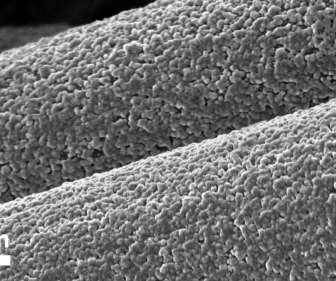Cornell team develops aluminum-anode batteries with up to 10,000 cycles
Green Car Congress
APRIL 6, 2021
Cornell researchers led by Lynden Archer, the Joseph Silbert Dean of Engineering and the James A. Friend Family Distinguished Professor of Engineering, have been exploring the use of low-cost materials to create rechargeable batteries that will make energy storage more affordable. —Jingxu Zheng.














Let's personalize your content